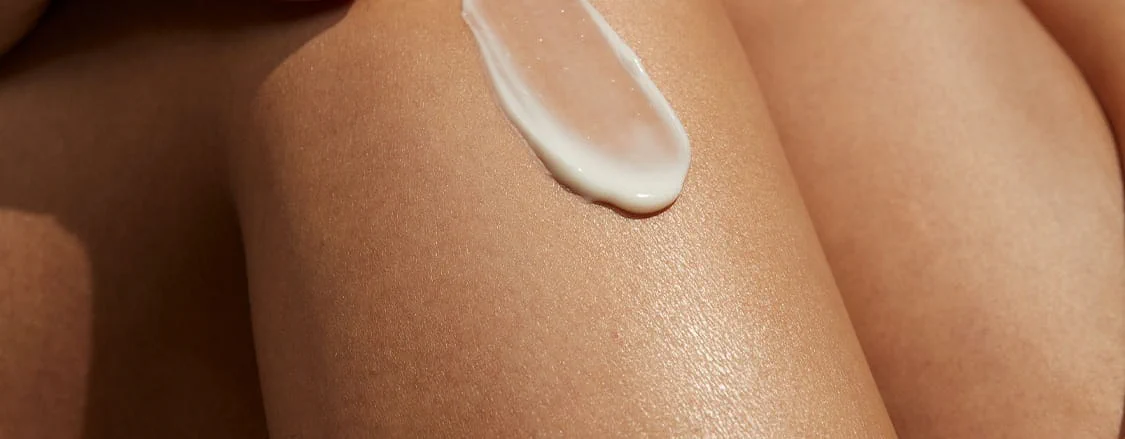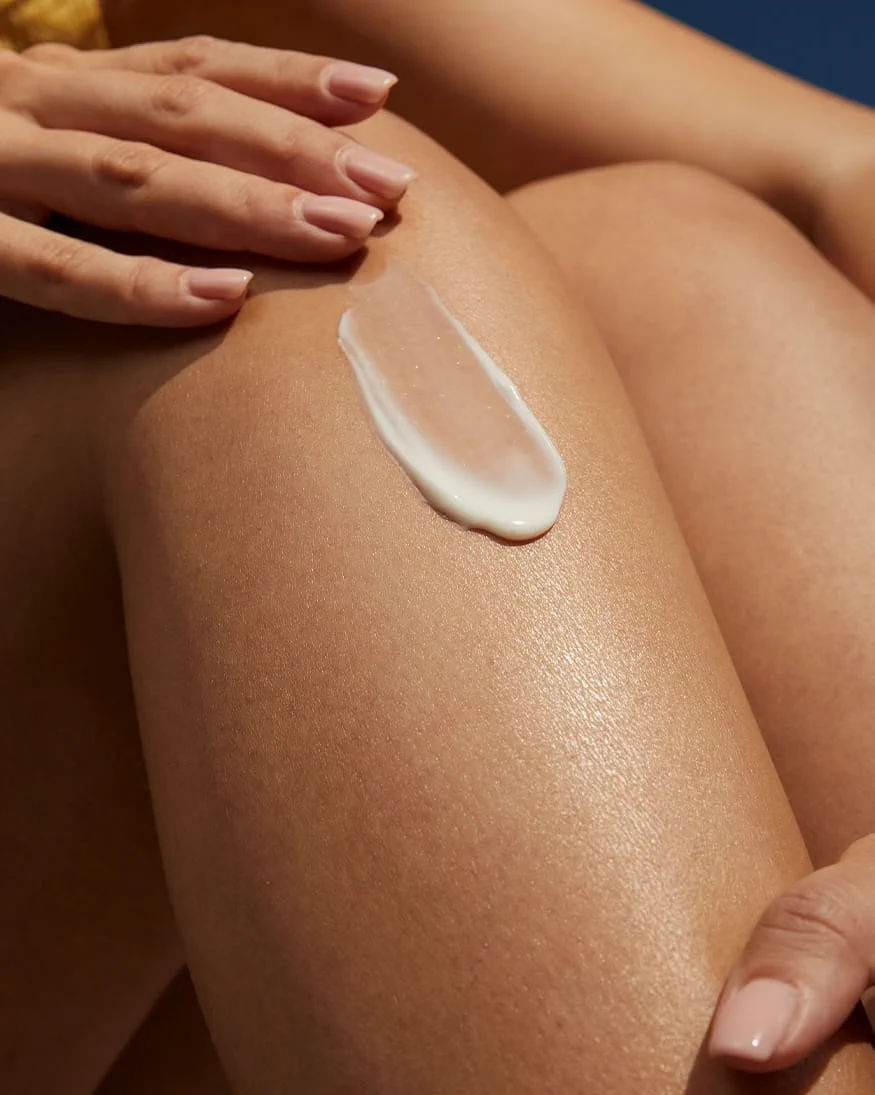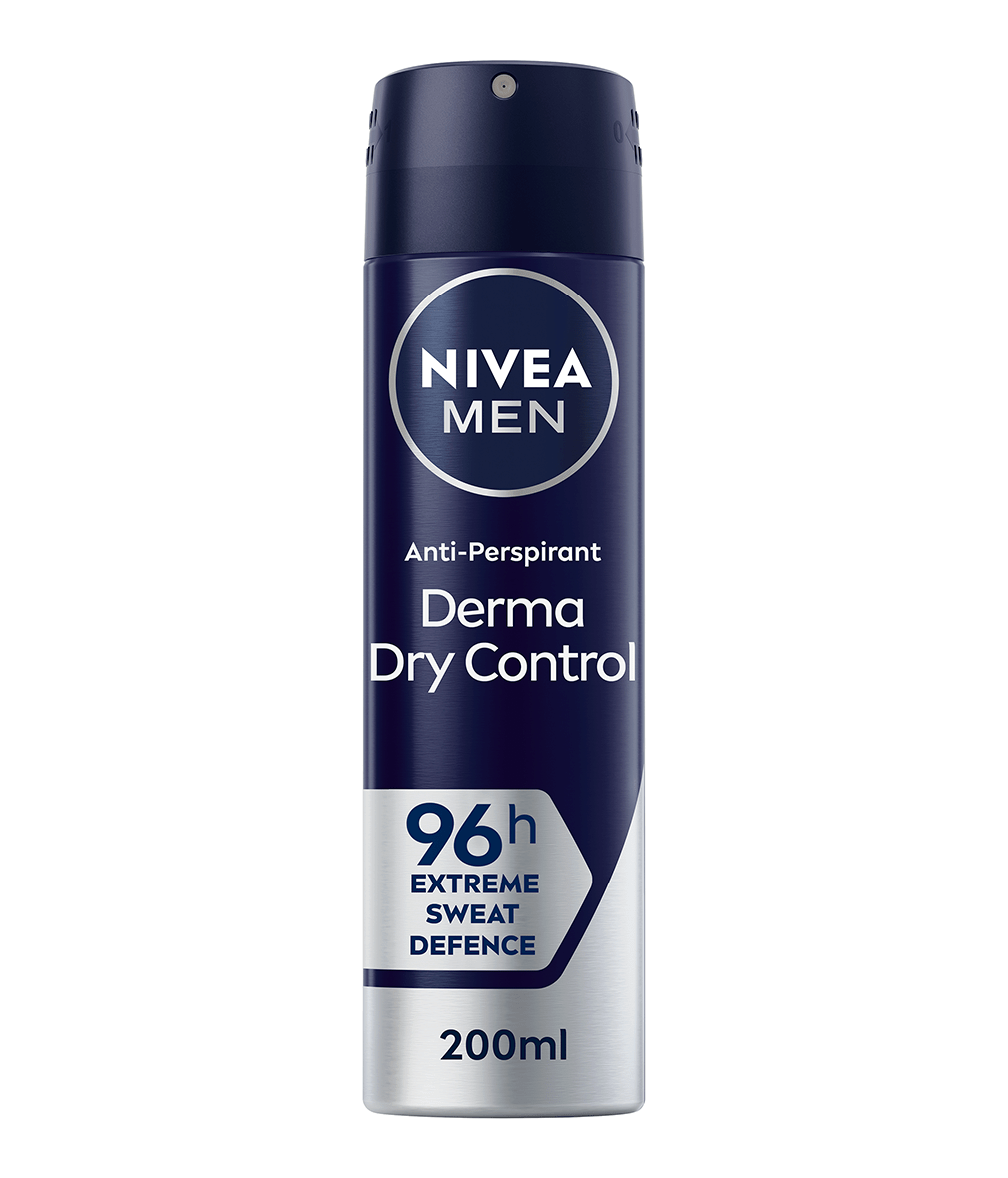
CAUSES & REMEDIES FOR EXCESSIVE SWEATING
Everything you need to know about how to treat excessive sweating
CAUSES & REMEDIES FOR EXCESSIVE SWEATING
Sweating is our body’s way of cooling us down when we overheat. When we exert ourselves, visit hot climates or even a hot yoga session. Sweating, in most cases, is expected and completely normal. Here are the three main functions of why we sweat:
- Regulates our body temperature when we get hot
- Protects vital organs from overheating
- Maintains homeostasis (37C) - the temperature that your body works best at
- Regulates our body temperature when we get hot
- Protects vital organs from overheating
- Maintains homeostasis (37C) - the temperature that your body works best at
WHAT IS EXCESSIVE SWEATING?
PREVENTING EXCESSIVE SWEATING
No matter how it’s caused, knowing how to stop excessive sweating and how to apply treatments can lend a helping hand when you need it most. Thankfully, if you are sweating excessively, there are many things you can do – from changing the clothes you wear, to your diet, to pharmaceutical and medical solutions:

